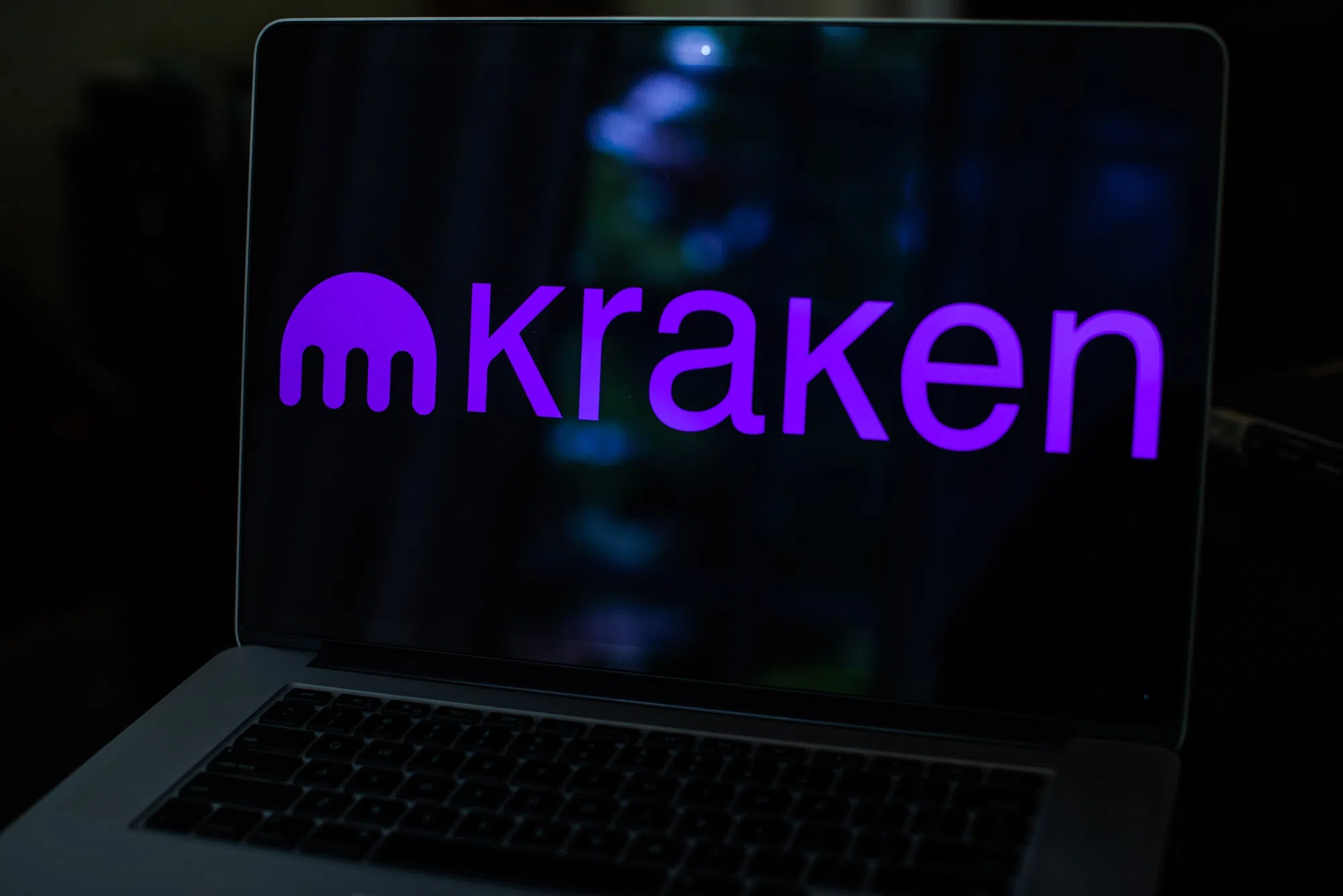Customer satisfaction is crucial for the success and growth of any business. Organizations prioritizing customer satisfaction strategies are more likely to achieve higher customer retention rates, boost their brand reputation, increase sales and revenue, and gain a competitive edge in an increasingly dynamic commercial landscape.
Businesses constantly strive to implement innovative strategies that help their teams to provide excellent internal and external customer experiences. One such strategy is an omnichannel help desk software platform.
What is a Help Desk Software
A help desk software, ticketing system, or customer support software is a computer-based platform designed to streamline and manage operations concerning customer inquiries, complaints, and support requests. These tools provide businesses with a centralized platform to help organize and prioritize requests, handle every customer interaction, and provide efficient support services.
These are some of the basic requirements that went into the initial development of help desk software platforms. However, with technological innovations, there is a need for these platforms to achieve more, like automating complex workflows, offering powerful analytics capabilities, and promoting multi-channel communication. Therefore, we explore some of the functionalities we can expect from the best help desk software of 2023.
● Ticket Management
Customer support tickets are records that document customer inquiries, issues, or requests for assistance. These records contain relevant information, from the customer’s contact details to the case, previous interactions, and the request status. Quality help desk software should allow businesses to create, track, and manage these support tickets.
● Multichannel Support
The most successful businesses aim to provide flexibility and convenience by offering multiple communication channels. As such, help desk software platforms must provide customer support and assistance through various communication channels. These platforms can achieve multi-channel support by integrating multiple mediums like email, live chat, social media, phone calls, and web forms.
● Automation and Workflow
Several operations associated with customer inquiries, requests, and support can be repetitive. These processes include ticket routing, assignment, escalation, and notifications. Hence, innovative help desk software platforms should have automation capabilities to streamline repetitive tasks and ensure tickets are handled efficiently and promptly.
● Self-Service
Another way to streamline operations is through self-service portals. The popularity and adoption of these portals have grown steadily due to different customer preferences and the need for 24/7 availability, efficiency, speed, and scalability. Top help desk platforms now incorporate these platforms, giving customers access to information and guidance to common problems with contacting support.
● Collaboration
Novel help desk software platforms should foster collaboration among support teams by facilitating internal communication, information dissemination, and the inclusion of private comments on customer tickers. This feature encourages effective communication and teamwork, allowing support teams to deliver accurate and consistent help.
● Reporting and Analytics
Organizations must track key performance metrics in different business aspects; customer support is no exception. To this point, help desk software should offer reporting and analytics features that allow businesses to analyze critical data associated with ticket volume, response times, customer satisfaction, and employee performance. These insights help in identifying areas of improvement and making data-driven decisions.
● Integration
The best help desk software platforms can integrate with various business systems seamlessly. Integrating with systems like CRM platforms, databases, or e-commerce platforms provides businesses with a comprehensive overview of customer information for more efficient data use. As an additional feature, these platforms can also offer customization options.
Ultimately, the essence of help desk software is to simplify and automate customer support processes. These features provide these platforms with the capacity to handle inquiries efficiently, provide timely resolutions, and enhance overall customer satisfaction.
5 Best Help Desk Software in 2023
The help desk software market is increasing in response to the need for businesses to adopt new technologies to improve customer satisfaction and streamline operations. In our list of the best platforms, we consider affordability, ease of use, and all the features highlighted in the previous section. This list will help you find the right solution for your business.
● Zendesk
The Zendesk intuitive help desk platform empowers businesses to adjust and meet ever-changing customer expectations. This platform achieves this by enhancing customer experience, fostering loyalty, and driving revenue through memorable interactions. With some genuinely standout features, Zendesk provides the best total cost of ownership, enabling businesses to stand out from the competition.
These features include an industry-leading ticketing system, AI-powered chatbots and an automated answering system, a self-service portal, reporting, and analytics. Furthermore, Zendesk provides an omnichannel agent workspace that combines conversations, interactions, and customer data from internal and external channels. The Zendesk platform also permits integration with several pre-built and custom applications.
Zendesk is well-known for its intuitive interface, scalability, and focus on delivering exceptional customer support experiences. It offers code and no-code functionalities, which can be incorporated with any current tech stack. With this, businesses are empowered to streamline support operations, enhance customer satisfaction, and improve customer retention.

● Jira Service Management
Atlassian presents a comprehensive help desk program in the form of its Jira Service Management that helps support teams in delivering exceptional customer and employee experience. This platform provides advanced functionalities, including a robust self-service portal, no-code chatbot builder, and service-level agreements. These offer businesses a dedicated tool for accessing information, providing answers, and delivering prompt assistance.
Jira Service Management platform also offers conventional ticketing for agents to track addresses and reroute incoming requests, an omnichannel agent workspace for better collaboration across departments, a ticketing system, dynamic forms, a customer portal, reporting, and analytics functionalities. The Jira platform aims to provide a comprehensive solution for IT service management, enabling organizations to deliver efficient and effective IT support.

● Eccentex
Eccentex is one of the most innovative help desk software platforms, providing a cloud-native, dynamic case management solution for customer service, customer journey automation, and back-office processes. “This solution is built on top of a fully configurable Low-Code AppBase Platform to enable citizen developer rapid deployment, easy extension, and quick adaptation to meet specific business goals and designed for mission-critical high-volume use.
Over time, Eccentex has developed a reputation for creating award-winning functionalities in case management, business process automation, and advanced email solutions for organizations of all scales. The advanced email solution stands out to customers due to its auto-classification, auto-prioritization, and auto-resolution capabilities. Eccentex also provides email automation, enabling businesses to swiftly manage large volumes of emails to meet current market demands.
With Eccentex AI-enhanced email automation, businesses can automatically prioritize and assign emails to the most suitable agents based on customizable criteria, like language, brand, and keywords in the email body or customer segment. This feature also suggests context-based canned responses and snippets. Furthermore, the email-to-case feature converts incoming emails into service requests and assigns them to business processes.
Eccentex’s email automation solution remains one of their most well-received capabilities, ensuring businesses can make changes quickly, test business processes and adopt best practices without significant IT competence or involvement. Eccentex is SOC2, ISO 27001, HIPAA, and CCP certified and can conveniently integrate cross-cloud solution components, third-party AI services, and other e-commerce systems through a unified desktop.

● HappyFox
HappyFox is a versatile cloud-based IT help desk solution for different business scales, industries, and team sizes. This platform provides support teams with the capabilities to maintain the support aspect of a business through efficient workflows and self-service functionalities. It also incorporates a comprehensive ticketing system that centralizes requests from different channels, enabling agents to manage all incoming requests in one place.
Furthermore, the HappyFox platform provides self-service alternatives for customers to address their concerns independently. This feature reduces ticket volume and enables agents to focus on more intricate matters. With HappyFox, businesses can oversee knowledge base articles and update FAQs for the self-service portal in various languages. They can also customize ticket forms to gather incoming customer requests.

● Freshdesk
Freshdesk is another innovative cloud-based IT help desk with no-code customization for rapid deployment and enhanced productivity. It can integrate with over 1000 marketplace applications, making it an ideal help desk software for businesses that need several integrations. Freshdesk offers an intuitive interface and a free plan for smaller companies with about ten agents.
Some features of this platform include AI-powered service management tools for data-based recommendations, a knowledge base, and multichannel communication support. Furthermore, Freshdesk offers omni channel communication, incorporating live chat, web, mobile, and call center support. Other features include a ticketing system, AI chatbots to help customers with conversational experiences, collision detection, SLA management, skill-based routing, reporting, and analytics.
Conclusion
The help desk software market is witnessing significant advancements in 2023, providing businesses with robust solutions to streamline their support operations and enhance customer satisfaction. Our picks for the top help desk software platforms stand out for their versatile and powerful features, seamless integrations, and ability to deliver exceptional support services.
Furthermore, these platforms exhibit flexibility, scalability, and customization options, allowing businesses to adapt the software to their unique requirements and processes. Over time, the impact of innovative and advanced help desk software solutions on customer satisfaction processes will continue to increase. Therefore, businesses leveraging these solutions can boost customer satisfaction and gain a competitive edge in the market.






